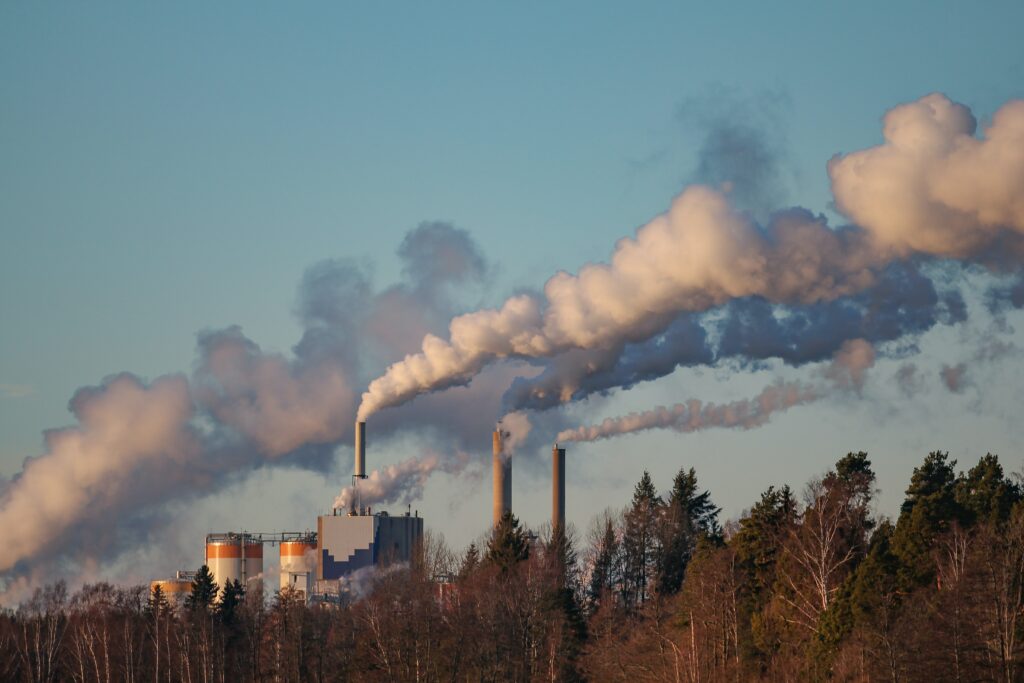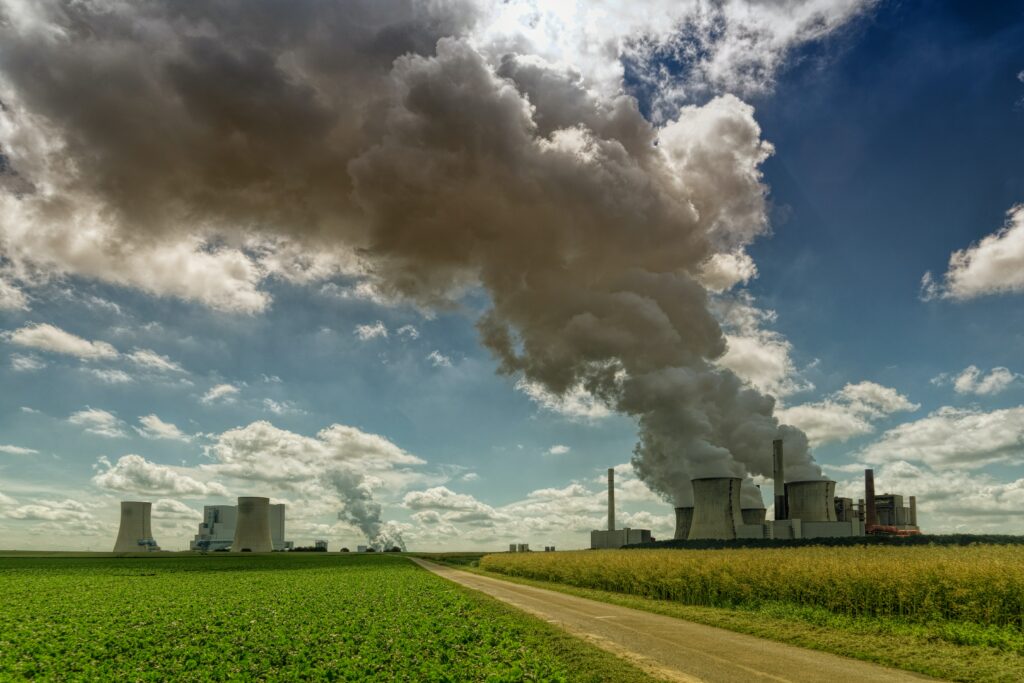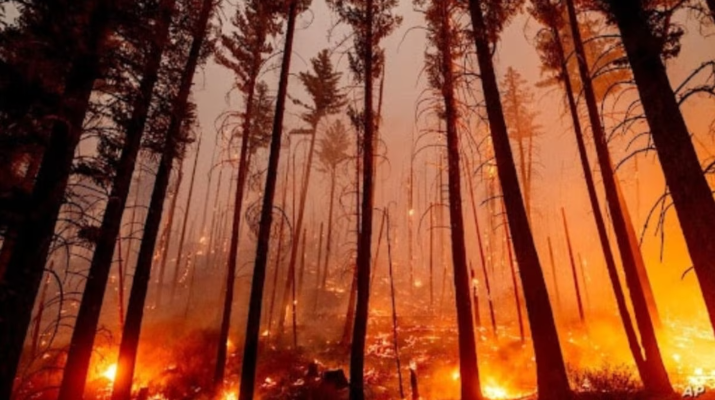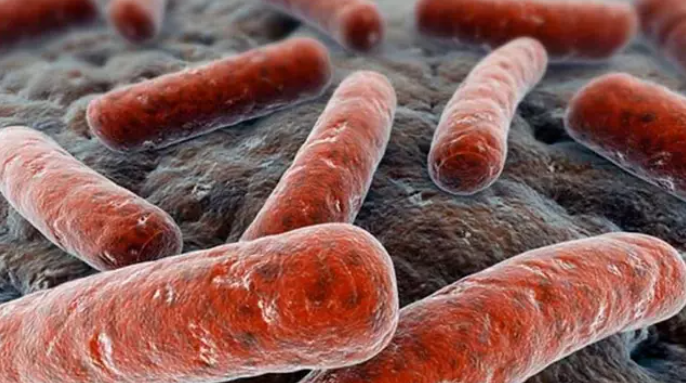Pollution destroys the immune defenses of the lungs over time!

The lungs’ immune defenses may decline with age, leaving older adults more susceptible to lung damage and severe episodes of respiratory infections. New research reveals one reason why this might happen: inhaled particles from pollution foul the workings over time, weakening the lungs’ immune system, researchers report.
Air pollution is one of the leading causes of illness and premature death worldwide, disproportionately affecting poor and marginalized communities. Particles, a type of pollution emitted by vehicle exhaust, power plants, forest fires, and other sources, have been linked to harm to health, including respiratory, cardiovascular, and neurological diseases.



In the new study, Columbia University researchers analyzed lung immune tissue from 84 organ donors, ranging in age from 11 to 93 years, the donors were nonsmokers or had no history of heavy smoking. With age, lymph nodes in the lungs, which filter foreign substances and contain immune cells, become laden with particles, turning them into a deep onyx, the research team found.
Lymph nodes are home to a number of immune cells, including macrophages (a type of white blood cell that surrounds microorganisms and destroys them, removing dead cells and stimulating the action of other immune system cells) these cellular Pac-Mans ingest pathogens and others waste, including particulate matter. Filled with the contaminant, the macrophages’ production of cytokines, proteins that the cells secrete to activate other immune cells, decreased. The cells also showed signs of having a diminished ability to ingest more.
Pollution is a constant and growing threat to the health and livelihood of the world’s population. Their work finds that the threat includes a chronic and pervasive impact on respiratory immunity with age.





Responses